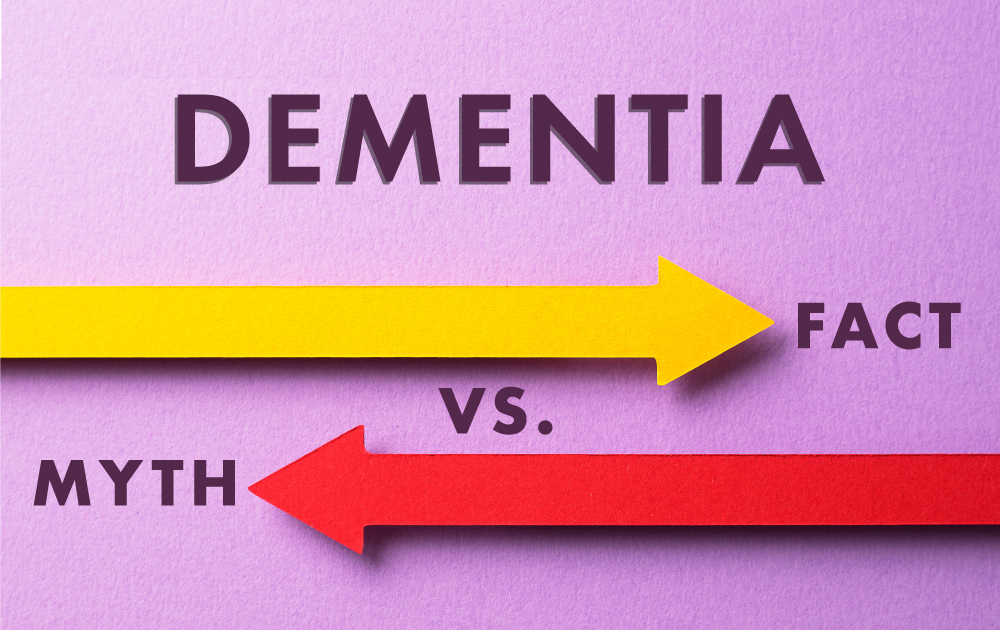In the past 2 blogs of our “What Is Healthy Aging of The Brain?” series (here and here), we’ve talked about Normal Aging versus Dementia. Hopefully, this has given you enough information to dispel false information and the many myths that often surround aging and dementia.
Once you understand the myths, you’ll be better prepared to face the reality of dementia, with the facts!
How Myths Are Formed
At this time in history, it’s extremely important to fact check: do more research to understand if the information you’re getting is a scientifically supported fact. I fact check ALL information before passing it on to you, as our health is so important. You only have one life to live!
Quotes can also be misleading, as well. For example, if the basis of your belief is formed from just a part of a quote – you may be on the road to many falsehoods. Whole quotes are best, and looking them up for yourself is the best way to go.
Enough preaching to the audience, here are the myths!
MYTH: Because someone in my family has dementia, I am going to get it.
REALITY: While genetics do play a role in some dementias – most cases do not have a solid known genetic link.
MYTH: Dementia only affects us older people.
REALITY: Most people with dementia are over 65 but a small number also develop dementia in their 40’s and 50’s. REMEMBER: Dementia is not a normal part of aging. (Read part 1 and 2 of this series!)
MYTH: There is a cure for dementia
REALITY: There is no cure as of yet, but as you have read in previous blogs – some dementias are reversible.
MYTH: Memory loss = dementia.
REALITY: We all forget from time to time. But if the loss affects your day-to-day function, that is the time to see the doctor and determine the cause. We have talked about the forms of dementia that do not have memory loss, and the first symptom could be unexplained changes in mood, behavior or ability.
MYTH: A dementia diagnosis means life is over.
REALITY: Many people live meaningful, active lives with dementia for a number of years. Remember that dementia should be thought of as being on a very wide scale. For example, those with Autism are said to be on the “Autism Spectrum”. There’s a huge difference in how people with Autism function from the various points on this spectrum. I wish we could all think this way, instead of throwing people with dementia away so soon!
MYTH: Vitamins, supplements, and memory boosters can prevent dementia.
REALITY: The research findings linking these substances to the prevention of dementia are inconclusive.
In my next blog, we’ll begin discussing some of the different types of dementia.
— Rosemary
P.S. I do private classes at our Red Mountain location on all of these topics, and have found that one-to-one meetings with a person or family can provide clarity on a lot of their questions. I have been working in this field over 30 years and have seen every aspect of dementia.
I can still do the private meetings during this “Covid19 fun time” if we limit the group to 3 people, wear masks, and wash our hands. Please go to the Oakwoodcreativecare.org and read what is offered.
The Alzheimer Society of Canada is where I found a lot of my information for this blog. They present clear and accurate advice.





